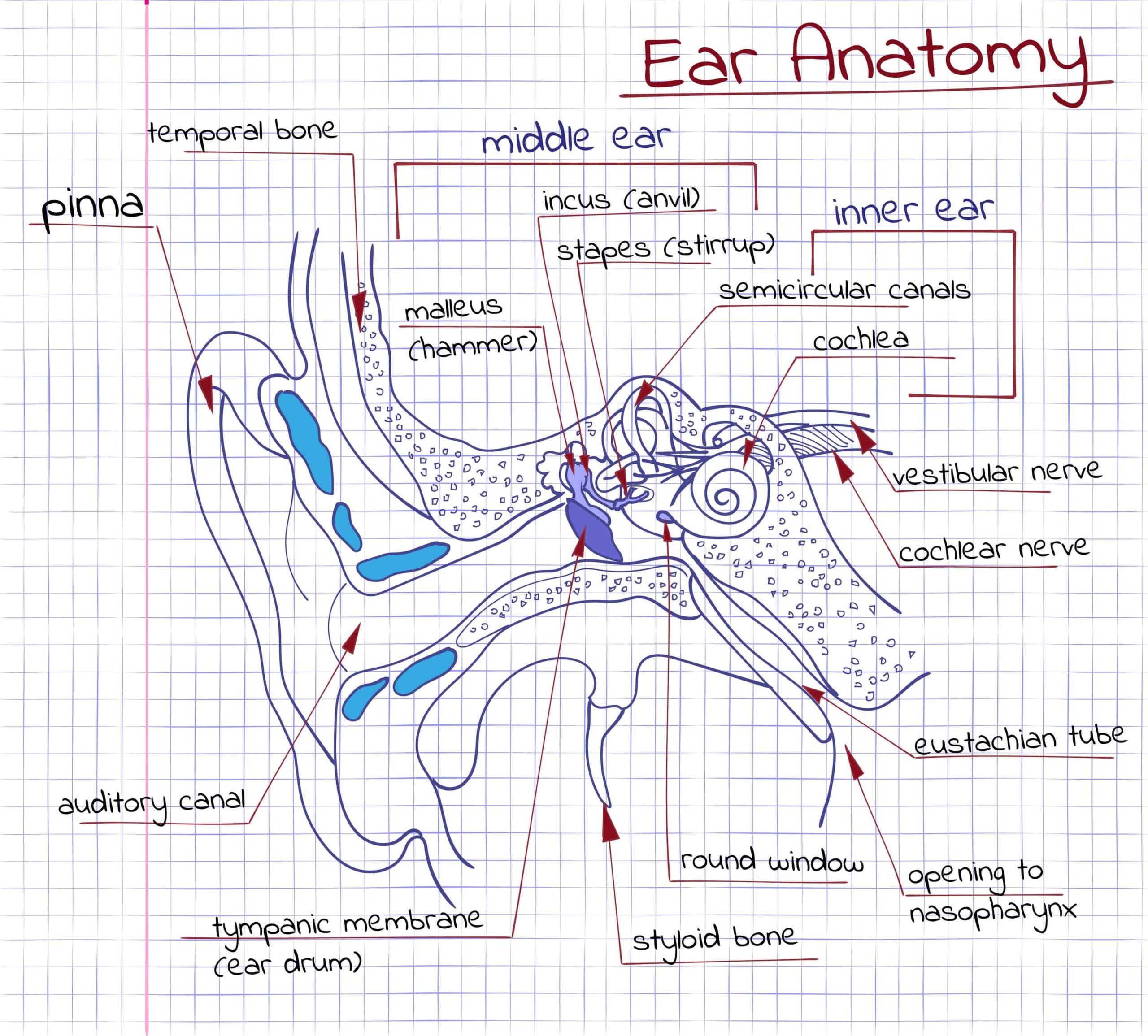How is it I can have two fully functioning ears and yet be hearing impaired? Over the years I learned how to pay close attention to what the opposing attorney, defendant or a witness said. If I didn’t, how could I win the discussion, argument or case? Looking for weakness or inconsistency in the position of the other side, helped me dissect what was being said and put together my arguments and rebuttals.
Listening to win is a critical skill as a litigator. But, in my personal life it left much to be desired. The problem with my hearing impairment is that I was not aware of it. Like many with selective hearing loss, I functioned quite well. It was those around me who had the difficulty. If you’ve had the experience of dealing with a loved one in denial of their hearing loss, you know exactly what I mean.
I’m embarrassed to admit that it wasn’t until my early forties that I figured it out- and not on my own, I might add. It was through the most important relationship in my life- my wife. I remember hearing from her that she didn’t feel that I was listening to her. But I swear I was. I heard every word. I understood the intent and purpose. It was frustrating to be told I was not listening, when I knew I was.
Then, one day, a light flickered on. I actually heard what was being said- with no thought to what I was going to say, who was right or wrong, or how I felt about it. It was an amazing experience. The more I was able to listen to understand, rather than making sure I was understood or my point was made, the more empowering the ability to listen became. She was right, I had not been listening. Being right is not nearly as healing or helpful to the other person as being understood or simply heard.
While my hearing is better than it use to be, I can still slip into my old mode. I can actually feel the shift happening. The more emotional the topic and the closer the person is to me, the easier it is to stop listening to understand. When I feel I’m listening to defend or make a point, I literally say to myself “this is not about you. Be quite and listen. Focus on what is being said.” It can take all my strength.
It’s so much easier to listen to clients than a person close to me. Relationships are such a powerful force in my life. The more I allow them to make me a better person, the more riches there are in life. My ability to truly listen is one of the most critical elements in a successful relationship.
Have you struggled with truly listening? What happens to conversations when you are listening to make your point? What lessons have you learned in the art of listening?






At the extremes, attorneys are very literal. There’s an old story about the attorney who drives down a street. Someone asks her, “What color is that house?” The attorney responds, “The front of it is blue.” Litigation preps us not to assume that the rest of the house is blue.
When I am so literal with my wife or kids, I make a situation worse. They want me to make assumptions. They want me to forgive and overlook small inaccuracies in what they say. When I start focusing on the small details that are, admittedly, irrelevant to the larger picture, they feel I am diminishing what they have to say.
It can be so hard to get out of that lawyer listening mode. I’m often looking for how to go after what the other person is saying in order to prove my point. Great in court, suboptimal in virtually every other aspect of my life. How do you catch yourself doing it and reframe how you listen. My wife has famously said to me “you know were on the same side, right?”.
Great reminder, Jim. When I’ve caught myself in a rabbit hole conversation – “How did we get to this point? – it’s usually because I have focused on and picked apart a trivial sub-point the other person made, ignoring the person’s main point.
I find myself going down the rabbit hole typically with the people closest to me. I do it less with friends. I rarely do it with clients. Are there certain situations or topics that drive this type of pick-a-part listening?